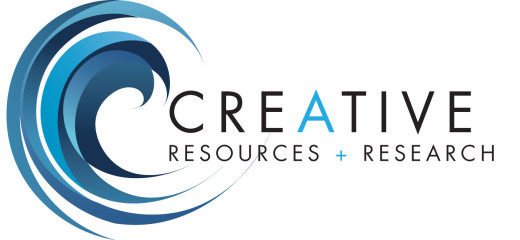The Ethical Dilemma: Professional Grant Writers and Using AI for Grant Writing
As technology continues to advance, it permeates every sector, including the field of grant writing. Artificial intelligence (AI) has gained prominence as an invaluable tool for various tasks, raising questions about the ethical use of AI for grant writing. Here are some ethical concerns surrounding professional grant writers using AI to draft grant proposals when they have been hired to provide their expertise.
Understanding the Role of Professional Grant Writers
Professional grant writers are often hired by individuals or organizations to articulate their visions and goals into compelling grant proposals. They possess the knowledge and experience to navigate the complexities of grant applications, ensuring their clients’ projects receive proper consideration. Their expertise lies in effectively conveying the narrative, strategy, and impact of the proposed project.
The Benefits and Limitations of AI in Grant Writing
AI is capable of enhancing the grant writing process by automating certain tasks, such as generating data-driven insights, identifying relevant funding opportunities, or assisting with language optimization. These tools can significantly reduce the time and effort required for preliminary research. However, AI currently lacks the capacity to possess the same level of nuanced understanding, adaptability, and persuasive storytelling as human grant writers.
The Responsibility of Professional Grant Writers
When a client hires a professional grant writer, they trust in their expertise and the commitment to represent their project accurately and ethically. Grant writing requires a deep understanding of the organization’s priorities, goals, and social impact. It involves aligning these aspects with the funder’s criteria, thus maximizing the chances of securing the grant. Grant writers are entrusted to craft a persuasive narrative that reflects the client’s aspirations and mission.
The Ethical Considerations of AI in Grant Writing
Using AI to generate grant proposals blurs the lines between the originality and authenticity expected from a human grant writer. While AI can streamline certain aspects of grant writing, relying solely on technology undermines the personal touch, contextual awareness, and creativity required for crafting a compelling proposal. Additionally, the use of AI may create a perception of deception, making it challenging to guarantee the ethical intent of the grant writer.
Balancing Efficiency and Ethical Practice
While AI can assist grant writers by providing data and streamlining research, it is crucial for professional grant writers to maintain a balance between utilizing technological tools and adhering to ethical standards. They should use AI as a supportive aid rather than relying solely on its capabilities to draft the entire grant proposal. Integrating human judgement, experience, and contextual understanding is essential to ensure the authenticity and ethical representation of the client’s project.
Transparency and Integrity
Transparency and open communication form the foundation of ethical professional grant writing. Grant writers should disclose any use of AI tools within their workflow. By being transparent, grant writers allow clients to participate, understand, and make informed decisions regarding the use of AI in the grant writing process. Collaborative discussions should occur to strike a balance between efficiency and maintaining ethical standards throughout the engagement.
In the realm of professional grant writing, the decision to use AI tools is inherently linked to ethical considerations. While AI offers efficiency and time-saving benefits, it is crucial for professional grant writers to uphold transparency, authenticity, and the client’s best interests. By leveraging AI as a complementary tool and combining it with human expertise, professional grant writers can continue to provide ethical, persuasive, and contextually aware grant proposals, ensuring the success of their clients’ projects while upholding ethical standards in the grant writing profession.
Contact us for more help on this topic!



